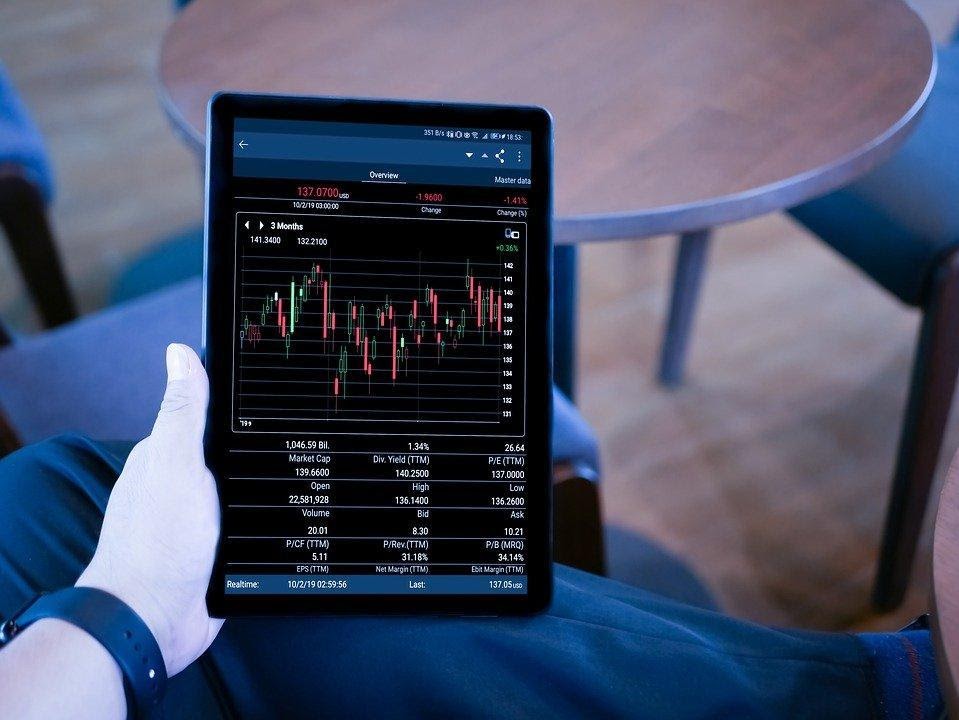According to research from the UK’s Department for International Trade (DIT), mobile commerce in Africa has the potential to alter the continent’s economy.
As part of the 2022 Mobile World Congress in Barcelona, Mobile World Live collaborated with the International Telecommunications Union to produce a report entitled Towards A Flourishing Digital Economy for All – A Spotlight on Africa, which explores the numerous difficulties and opportunities surrounding the sector in developing markets, particularly in Africa.
Since the year 2000, the number of people in Africa who have access to cellphones and the internet has grown fast. An official estimate from the GSMA predicts that there will be 475 million internet users in Africa by 2025, and the mobile sector will contribute 14 percent of the continent’s GDP by 2024. The popularity of OTT services and mobile banking is a crucial factor in this increase.
In Africa, smartphones are no longer a luxury; rather, they are an essential component of daily life, supplying users with a slew of useful apps. For a wide range of applications, Africans prefer smartphones over desktop computers, such as banking and payments. The African Union (AU) and the United Kingdom (UK) have agreed on a wide range of common goals for 2019. As a result, the UK has invested $2 billion in programs in countries like Cote d’Ivoire and Uganda to improve digital commerce. In this article, we will discuss how mobile trading technology has become more and more developed and popular in Africa.
E-commerce and trade volumes expand in Africa
UK Department for International Trade Senior Scientific Advisor Mike Short presented an outline of the paper, revealing that e-commerce and trade volumes are likely to expand from $3.3 trillion in 2019 to $7.4 trillion by 2025, according to Short. Only $180 billion of this total was created in Africa, indicating that the area still has space for expansion.
As time goes by, the number of consumers who use mobile phones for trading increases. Because of the dramatic increase in Forex trading, especially after the Covid, nowadays, Africans decided to switch from the web to mobile devices to trade. As a result of this, the demand for African forex trading brokers, who furnish traders with an opportunity to trade with mobile phones increased. This number is going to escalate even more in the future, as the digital revolution is taking place in this region, with the help of several major countries.
There are roughly 500 companies in the financial technology sector working on the continent, and numerous technological centers have popped up to assist them, according to the research. Services like mobile banking and information have been able to reach the most distant areas of Africa thanks to smartphones and mobile internet. Mobile money and the recent rise of the financial industry are key instances of mobile technology, use, and success in Africa. Local players utilize mobile technology to contact people for loans, payments, and investments.
Mobile phones make it feasible to conduct digital business. Many nations in Africa have shown us that it is possible to use a mobile phone to reach faraway marketplaces. In other words, the technological infrastructure is set up and ready to be used. African mobile subscribers are rising at a rapid rate, and we know that. As part of the AfCFTA agreement, all of these technology advancements and benefits may be used to create a single platform for free trade in Africa.
Things to remember
Internet connection is a crucial factor in mobile phones’ capacity to revolutionize African society so effectively. According to the International Telecommunication Union (ITU), internet penetration on the continent reached 29.3 percent in 2016.
There are 562 million registered mobile money users across the continent, but barely a quarter of them are considered extremely active, according to a new survey.
The absence of reliable identification and procedures for fostering digital economy trust were also cited as problems. However, the survey reveals that users spend an average of £30 ($39) on transactions via mobile commerce. It is thought that addressing structural problems like affordability would give the industry a boost.

